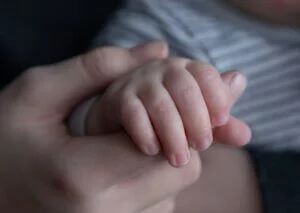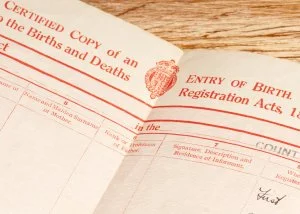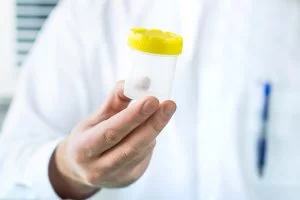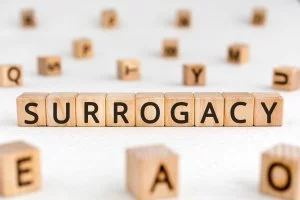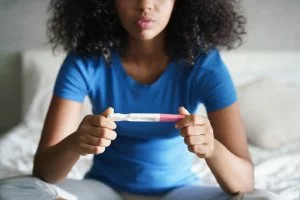New strategy to make fertility treatment more accessible
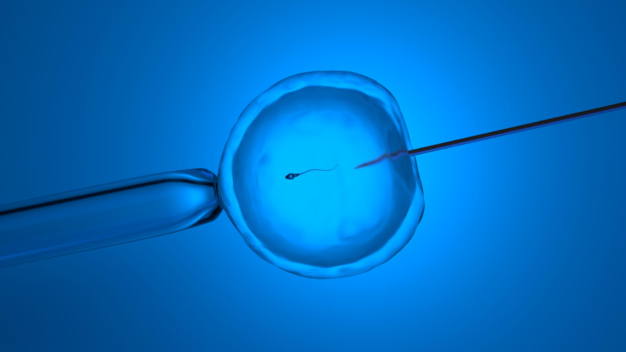
Contact
Table of Contents
In July 2022, the Department of Health for England released its strategy aimed at improving Women’s Health. While women represent 51% of the population, for decades the NHS has been accused of systemic and entrenched gender health inequality, with not enough focus placed on women-specific issues. Cases such as the Shrewsbury and Telford Hospital NHS Trust maternity scandal bear testament to this. The 2022 Strategy outlines the Government’s aims to remedy the disparity.
Women’s Health Strategy: some background
The call for evidence began in Spring 2021. Views of nearly 100,000 members of the public, academics, charities and health campaigners were collated to inform the Strategy.
According to Maria Caulfield, Minister for Women’s Health, 84% of respondents felt ignored when seeking help from the NHS. Respondents also perceived a lack of understanding or awareness among some medical professionals about health conditions that affect women.
Target areas
Areas for change outlined in the Strategy include menstrual health and gynaecological conditions, menopause, cancer and fertility. Tangible plans to instigate necessary change include:
• New research on women’s health issues
• Ensuring diagnoses and treatment work better for women
• Easier access to abortion pills and HRT
• Improved training on women’s health for all medical students and doctors
However, some of the plans are yet to receive targets or funding commitments so it remains to be seen if they will be followed through.
What about IVF?
Under the Strategy, access to fertility treatment in NHS England will change. Greater transparency will allow prospective parents to see how their local NHS provides IVF care. Non-clinical criteria will not be used to ration fertility treatment. This opens free treatment to those previously denied IVF, including couples denied it due to one partner having a child from a previous relationship. In addition, female same-sex couples will no longer be required to pay for private artificial insemination to prove fertility, before being given access to IVF on the NHS.
NICE is also updating guidelines on fertility assessment and treatment, which will be ready in 2024. NHS England and the Human Fertilisation and Embryology Authority will collaborate to ensure that access to information on IVF will be improved, and referral for treatment will become quicker and easier.
More work required: postcode lottery continues
Over the years, funding to NHS fertility clinics has been cut by some Clinical Commissioning Groups, meaning service cancellations. Research has shown that since 2013, there has been a ‘quiet and sustained disinvestment’ in NHS fertility services. The alternative of course is private treatment, but costs can be prohibitive – between £5,000 and £7,000 per cycle and if unsuccessful, couples may decide to repeat the process for additional cost.
Sarah Norcross, the Director of Progress Educational Trust, a charity for people affected by infertility and genetic conditions, agreed the removal of some barriers to IVF was welcome, but felt it was ‘incredibly disappointing’ that the ‘postcode lottery’ of treatment across England remained unaddressed. She emphasised, ‘The commitment to improve transparency in relation to the availability of IVF does not equate to giving women the chance to try to have a baby’.
Politicians respond to the Strategy
Of the anticipated NHS England reforms, the current Health Secretary Steve Barclay said, ‘It is not right that 51% of our population is disadvantaged in accessing the care they need simply because of their sex.’ The ‘Strategy is a landmark moment in addressing entrenched inequalities and improving the health and wellbeing of women across the country’.
Minister for Women’s Health, Maria Caulfield said, ‘Tackling the gender health gap will not be easy – there are deep-seated, systemic issues we must address to ensure women receive the same standards of care as men, universally and by default. This strategy is the start of that journey, but eradicating the gender health gap can’t be done through health services alone. I am calling on everyone who has the power to positively impact women’s health – from employers to doctors and teachers to industry – to join us in our journey’.
If you are embarking on your own fertility journey and seeking advice, please do not hesitate to reach out to our specialist team of fertility lawyers.
The team, headed by the internationally respected lawyer, Naomi Angell, offers advice to intended birth parents, co-parents or donors on how the law applies and on what legal rights they will acquire on the birth of a baby or by subsequent agreement or court application, advice about parental responsibility, parentage and any dispute that may have arisen between parties.
Osbornes Law are one of the only law firms in London to specialise and advise families on different pathways to parenthood including in fertility law, surrogacy and adoption. Naomi and her team are happy to discuss these with you, to help you decide what is the best way for you to grow your family.
Share this article
Speak to Isabelle Today
Call us 0207 485 8811
Email us Send us an email and we’ll get back to you
The firm’s alternative parenting team is headed up by Naomi Angell, handling domestic and international adoption, surrogacy, and fertility issues.
Naomi Angell has considerable strength in adoption, surrogacy and fertility issues
"She has an encyclopaedic knowledge and an in-depth understanding of this work. She's extremely empathetic and can put herself in the client's shoes. She's also very strategic and is good at pre-empting litigation."
"Recognised for its expertise in both domestic and international adoption, as well as assisted conception."
"Naomi Angell is a leading figure in domestic and inter-country adoptions, and also has expert knowledge of related fertility and surrogacy issues."
Related InsightsVIEW ALL
- 23.1.2025
Post-Adoption Contact With Birth Parent: Not If Adopters...
Post-Adoption Contact With Birth Parent It is not uncommon for a birth parent to seek direct contact with an adopted...
Read more - 23.1.2025
A High Bar For Challenging Adoption Orders
Challenging adoption orders Adoption orders bring considerable implications for all the parties and judges do not make such orders lightly....
Read more - 12.9.2024
Landmark Decision: A Surrogate Mother’s Rights Are...
In the world of surrogacy, legal rights and parental responsibilities can be a complicated issue. Non-profit surrogacy is legal in...
Read more - 17.11.2023
Public Law Working Group Interim Report on Adoption...
Time for change? A recent interim report has been published by the Public Law Working Group Adoption Sub-Group (‘the Group’)...
Read more - 7.3.2023
What is legal parenthood and how is it...
This issue was in the news recently, when a married Oklahoma same-sex couple were in court over a dispute about...
Read more - 31.8.2022
What if my partner predeceases me before we...
A review of a recent case concerning consent during fertility treatment. When going through fertility treatment as a couple, it...
Read more - 31.8.2022
Declaration of parentage after mistake at register office
Recently in the news has been the outcome of the case of Osborne & Anor v Cambridgeshire County Council [2022] EWHC 1982 (...
Read more - 5.7.2022
Proposed Changes to Gamete Donor Anonymity Laws in...
The Human Fertilisation and Embryology Authority (HFEA) has proposed changes to the law surrounding gamete donor anonymity in the UK....
Read more - 18.11.2021
Legal considerations in the surrogacy process
What Are My Surrogacy Options at Home and Abroad? When you’re considering surrogacy as an intended parent, you may...
Read more - 20.10.2021
Birth parent fails to overturn adoption order
Most adoption applications go through smoothly and it is only in the minority of cases that birth parents seek to...
Read more - 21.9.2021
Changes in Fertility Law Benefit Families
Following campaigning by those working in the fertility sector and public consultation in 2020, the Government announced on 6th September 2021 that...
Read more - 25.3.2019
Russian Adoptions
Adopting a baby from Russia can give a chance of a family to a child who would otherwise spend their...
Read more - 25.3.2019
Unlicensed fertility treatment and paternity – new clarification in...
The issue in contention was whether it could be ruled that Mr H, the now ex-husband of the child in...
Read more - 26.2.2018
Thai Case Shines The Light on International Surrogacy
This week, a story reported by the Telegraph raises some interesting questions about international surrogacy. The reporting states that a 28...
Read more








